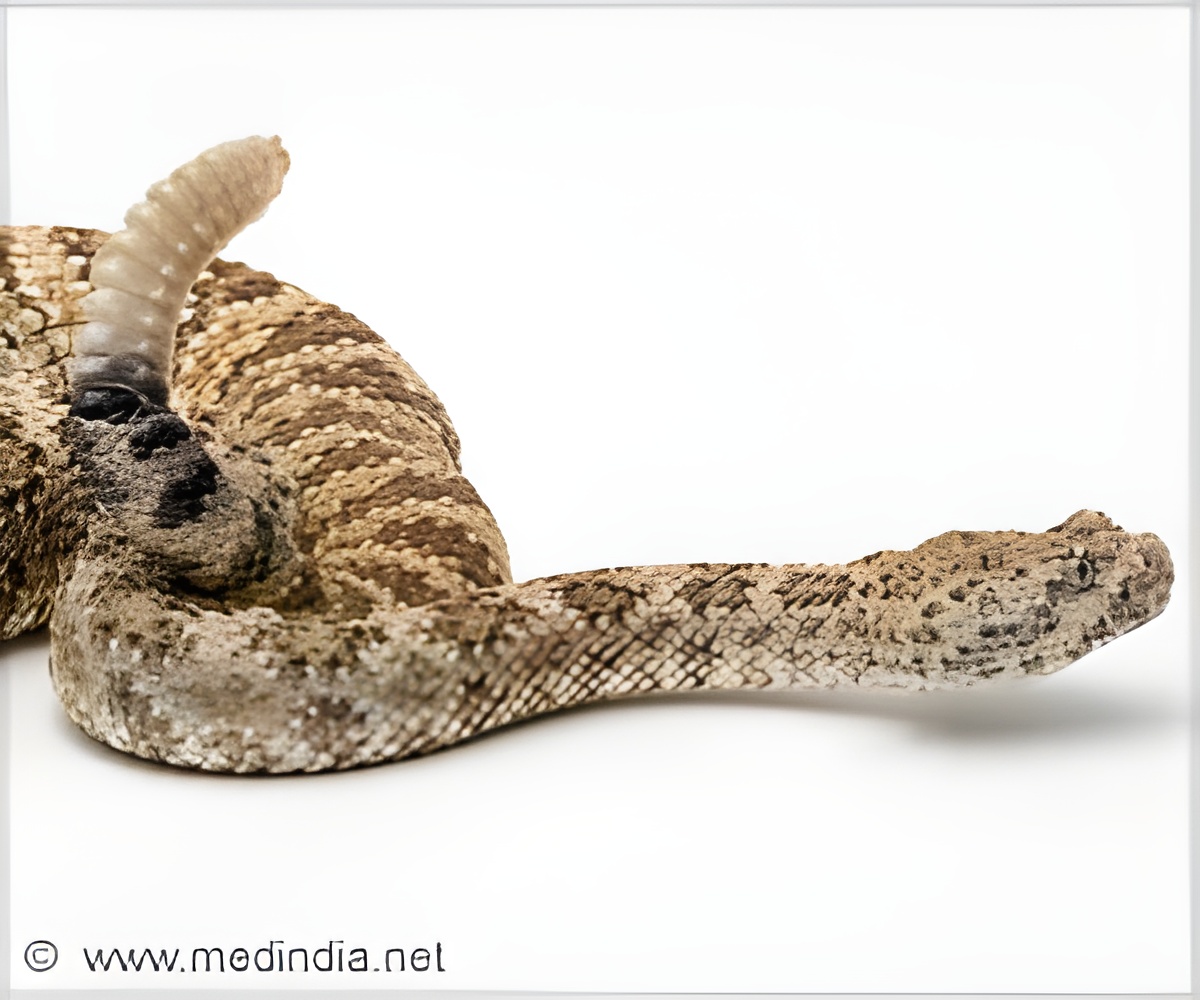Snake venom comprises different enzymes and toxins that enable snakes to capture prey.

TOP INSIGHT
Venom composition varies within the same species and in different geographic regions. Therefore, developing antivenoms becomes challenging.
"We found these rattlesnakes had a more diverse venom repertoire, more genetic tools in the toolkit, than their venom composition alone might suggest,” said Drew Schield, lead author on the paper and postdoctoral fellow in Ecology and Evolutionary Biology at CU Boulder.
What is Snake Venom?
Snake venom, an evolutionary adaptation, is made up of different enzymes and toxins that enable snakes to capture their prey.For decades, biologists have thought that snake venom continuously evolved to effectively kill specific prey while losing its genetic diversity through a process known in evolutionary biology as “directional selection.”
The new study proposes that rattlesnake venom uses a mechanism known as “balancing selection”: a process where multiple versions of a gene—in this case, genes that encode venom proteins—are all maintained, providing an expanded venom arsenal.
“These evolutionary mechanisms ramp up the complexity that you’re contending with when you develop antivenoms, as venom composition within the same species but in different geographic regions might be different,” said Schield.
Source-Newswise
 MEDINDIA
MEDINDIA



 Email
Email





